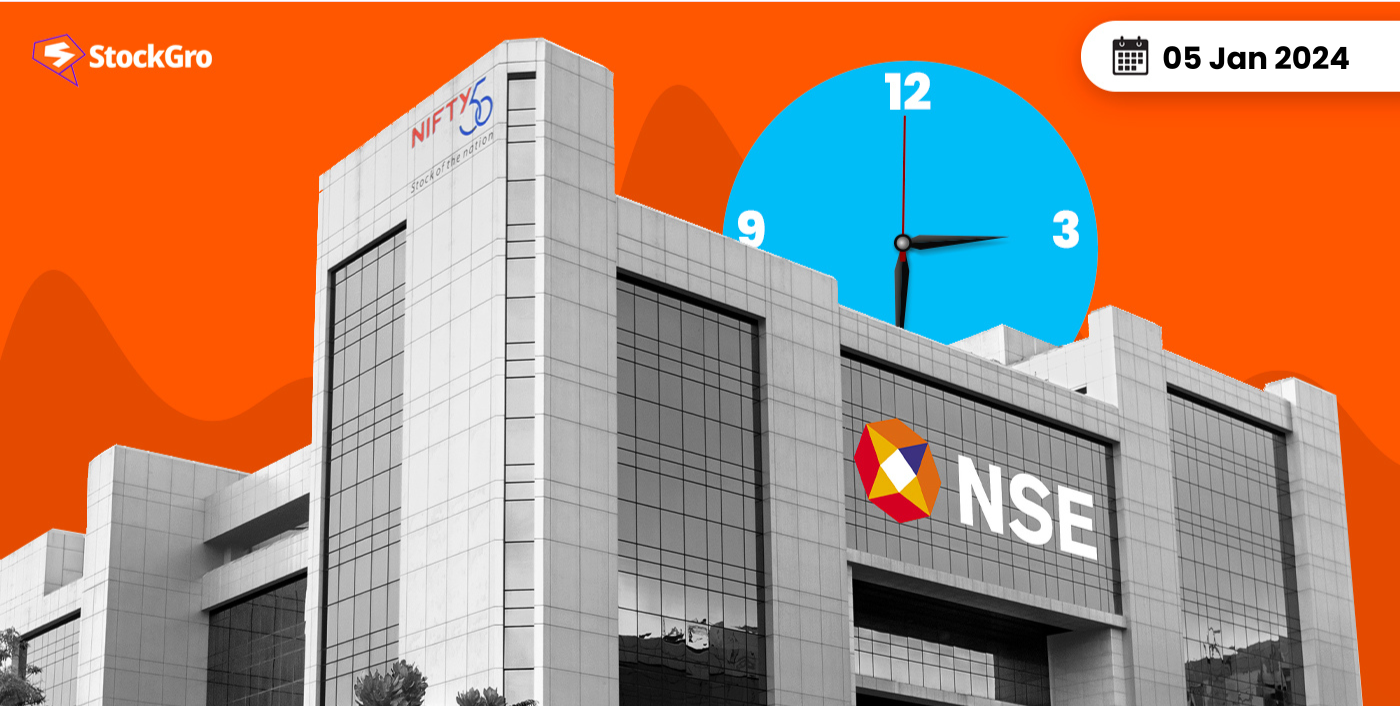
If you are an active participant in the stock market, you must already know the significance of demat accounts. It is where all securities are maintained in an electronic form.
But have you ever wondered who regulates and maintains these digital securities? How are these securities protected from misuse and fraud? That is where the role of depositories becomes essential. In this article, we will learn what NSDL and CDSL are and the role of depositories in the stock market.
What is a depository in the stock market?
A depository is a crucial component of stock market trades. It works like a bank by holding the possession of financial securities.
Depositories hold shares, bonds and other financial securities in a digital form, facilitating trade between two entities. These depositories are financial institutions that maintain demat accounts of all investors across financial markets.
Understanding the working of depositories
When you trade in shares and bonds, do you get physical possession of those? Well, you might get a certificate or document mentioning your ownership, but you do not get the exact number of units you purchase. So, where are your assets saved? That’s where a Demat account is needed.
Also read: What is demat account: All you need to know?
It is the first step to start participating in stock market transactions. Demat meaning De-materialised, is an account to save your securities in a non-material form.
The shares you purchase are transferred to your demat account, and the shares you sell are debited from your demat account. Brokerage firms allow investors to open demat accounts with them, which are managed by the two depositories in India – NSDL and CDSL.
Consider an example to understand the working of depositories and depository participants:
XYZ Ltd lists itself on the stock exchange and stores its shares with depositories. You want to buy 200 shares of XYZ Ltd. You get in touch with a brokerage firm to open your demat account and place an order to buy 200 shares. These brokerage firms are depository participants who mediate between companies, depositories and investors.
So, your brokerage firm passes the order to the depository to credit 200 shares to your demat account.
When you place a sell order, the depository takes them from your demat and transfers them to the buyer’s account.
NSDL
NSDL stands for National Securities Depository Limited.
Established in 1996, NSDL is the first depository in India. The NSDL is specifically meant to handle transactions of securities listed on the National Stock Exchange (NSE). So, the NSDL is responsible for the custody and settlement of trades on the NSE. As of 31 October 2023, NSDL had 283 depository participants with a total demat custody value of ₹349.58 lakh crores.
CDSL
CDSL stands for Central Depository Services Limited.
Like NSDL is for NSE, CDSL is the depository for the Bombay Stock Exchange. It was founded in 1999 and is larger than NSDL with respect to the number of depository participants and demat accounts held.
As of 31 October 2023, CDSL had 662 depository participants with a total demat custody value of ₹49.9 lakh crores.
Features of NSDL and CDSL
- Both NSDL and CDSL are depositories governed by the Securities and Exchange Board of India (SEBI).
- NSDL associates with demat accounts trading on NSE. The demat account number for NDSL 14-digit numeric code, with IN as the prefix. So, NSDL demat numbers are 16 characters, alpha-numeric codes.
- CDSL deals with BSE. The demat number is a 16-digit numeric code. Though similar in their roles, the primary difference between NSDL and CDSL is the market they deal with and the format of their demat accounts.
- Investors do not get to choose between demat accounts with the two depositories. It depends on the depository participant (Brokerage firm). However, if the brokerage firm has a tie-up with both, the investor can make a choice.
Also read: Mergers vs. Acquisitions – How are they different from one another?
Functions of NSDL and CDSL
- The first and foremost function of depositories is to dematerialise securities. It is the process of transforming tangible securities into computerised formats and storing them in the investor’s demat accounts.
- The reverse of dematerialising securities is to rematerialise them. So, if investors wish to hold securities as physical certificates instead of digital shares, the depositories help in converting them.
- Another significant function of depositories is to help in the fulfilment or settlement of stock market transactions. A transaction is deemed settled when parties exchange securities for cash. NSDL and CDSL play the basic role of transferring such securities. They move shares from their vaults to the investor’s demat account during purchase and transfer them to other demat accounts when existing investors sell.
- NSDL and CDSL maintain records of all securities listed on the NSE and BSE. They publish from time to time, the number of depository participants in the country, the number of active accounts and the value of securities held in the demat accounts. This data comes in very handy while assessing the country’s stock market position.
- NSDL and CDSL are both wings of the stock market regulator – SEBI. They help in the safekeeping of securities in electronic forms, eliminating the risk of theft of physical copies. Also, their role in the settlement of transactions helps in avoiding counterparty defaults. Delays in settlements are also avoided as the depositories follow a standard T+2 days settlement process.
- NSDL and CDSL are critical during the case of mergers, acquisitions, employee stock option plans, organisational restructuring, and other corporate actions that do not involve cash but require the transfer of shares. These depositories ensure the accurate transfer of shares, which is essential in completing corporate actions successfully.
Bottomline
NSDL and CDSL are two depositories in India that monitor the activities of all brokerage firms and demat accounts. Analysing the role of every participant in financial market transactions is essential for investors to understand how the market functions. The duty of depositories is noteworthy as they are indispensable in settling transactions and keeping securities safe.
Further reading: Corporate bond – definition and how they’re bought and sold

